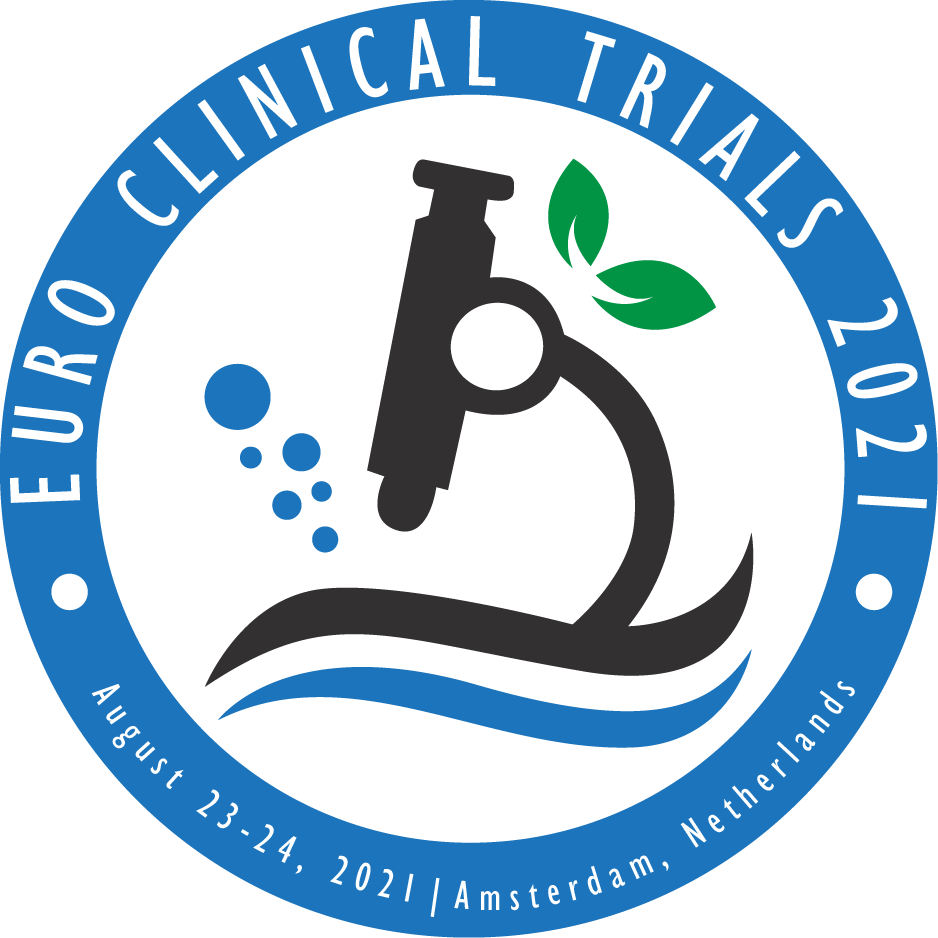
Timirkumar Shah
Divyam Institute of Psychiatry, India
Title: Endoxifen- A promising molecule for Bipolar Disorder
Biography
Biography: Timirkumar Shah
Abstract
Bipolar I Disorder is a chronic, disabling, and serious mental illness characterized by extreme mood cycles. Protein kinase C (PKC) intracellular signaling is involved in the pathophysiology of Bipolar disorder. PKC plays a crucial role in the regulation of neuronal excitability, neurotransmitter release, regulation of synaptic plasticity and various forms of learning and memory.
Tamoxifen is a Protein Kinase C (PKC) inhibitor and it has shown some benefit in Bipolar Disorder with milder adverse events. Endoxifen (4-hydroxy-N-desmethyl Tamoxifen) is a secondary metabolite of Tamoxifen. Compared to Tamoxifen, It has four-fold PKC inhibitory activity and is also independent of CYP2D6 genetic polymorphism.
I participated in a Phase II study demonstrating efficacy and safety of Endoxifen in BPD I patients. In this 3-arm study, Endoxifen 8 mg dose showed improvement in total YMRS score compared to baseline and were similar to Divalproex. Endoxifen arm had lower incidence of adverse events versus Divalproex.
Here I am presenting a Phase III RCT in a larger patient population evaluating efficacy and safety of 8 mg Endoxifen against active comparator Divalproex Sodium. The primary endpoint of our study was the mean change in total YMRS score at day 21. Results showed Endoxifen (n=116) significantly (p < 0.0001) reduced total YMRS score. Early remission of the disease was observed. None of the patients required rescue medication. There was no drug associated withdrawals. Changes in Clinical Global Impressions-Bipolar Disorder and Clinical Global Impression-Severity of Illness scores showed that treatment with Endoxifen were well-tolerated.

